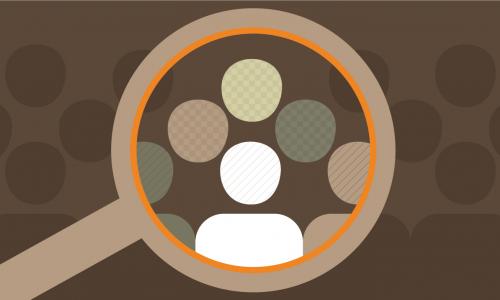Theme 2: Improving Data Collection, and Reliability of Statistics and Indicators on Gender with Intersectionality Dimensions
This session tackles the historical lack of reliable data on gendered social behaviours, cultures, and processes, which impact in different ways on quality of interventions and of change for women and men. It also examines important interconnections between biological (sex) and social diversities (gender) with other human conditions such as age, ethnicity, education, and social status.
Moderator introducing Theme 2: 2-0 Insill Yi, Professor, Graduate School of Economics at Sogang University, 12th Commissioner of Statistics Korea
- 2-1 Papa Seck, Chief Statistician, UN Women
Counted and visible: Measurements of gender and intersecting inequalities across UN agencies - 2-2 Albert Motivans, Head of Data and Insights, Equal Measures 2030
Exploring the policy space and gender data, using data across the SDGs and unpacking disparities - 2-3 Cheryl Doss, Senior Lecturer and Associate Professor, U Oxford, UK
Lessons from the Gender Asset Gap Project - 2-4 Jonathan Dawes, Professor, Deputy Director, Centre for Networks and Collective Behaviour, University of Bath, UK
Prioritisation within the SDG network: which SDG linkages matter most? - 2-5 Jacqueline McGlade, Frank Jackson Foundation Professor of the Environment at Gresham College, Professor of Resilience and Sustainable Development at University College London and Professor at the Maasai Mara University in Kenya
Can gender equality help solve Climate Change
Modules in Theme 2: Improving Data Collection, and Reliability of Statistics and Indicators on Gender with Intersectionality Dimensions
Theme 2 Introduction
Duration
10 m
Theme 2: Improving Data Collection, and Reliability of Statistics and Indicators on Gender with Intersectionality Dimensions
View webinar about Theme 2 Introduction

Can gender equality help solve Climate Change
Duration
1 h
Theme 2: Improving Data Collection, and Reliability of Statistics and Indicators on Gender with Intersectionality Dimensions
View webinar about Can gender equality help solve Climate Change

Prioritisation within the SDG network: which SDG linkages matter most?
Duration
1 h
Theme 2: Improving Data Collection, and Reliability of Statistics and Indicators on Gender with Intersectionality Dimensions
View webinar about Prioritisation within the SDG network: which SDG linkages matter most?

Lessons from the Gender Asset Gap Project
Duration
1 h
Theme 2: Improving Data Collection, and Reliability of Statistics and Indicators on Gender with Intersectionality Dimensions
View webinar about Lessons from the Gender Asset Gap Project

Exploring the policy space and gender data, using data across the SDGs and unpacking disparities
Duration
1 h
Theme 2: Improving Data Collection, and Reliability of Statistics and Indicators on Gender with Intersectionality Dimensions
View webinar about Exploring the policy space and gender data, using data across the SDGs and unpacking disparities

Counted and visible: Measurements of gender and intersecting inequalities across UN agencies
Duration
1 h
Theme 2: Improving Data Collection, and Reliability of Statistics and Indicators on Gender with Intersectionality Dimensions
View webinar about Counted and visible: Measurements of gender and intersecting inequalities across UN agencies

